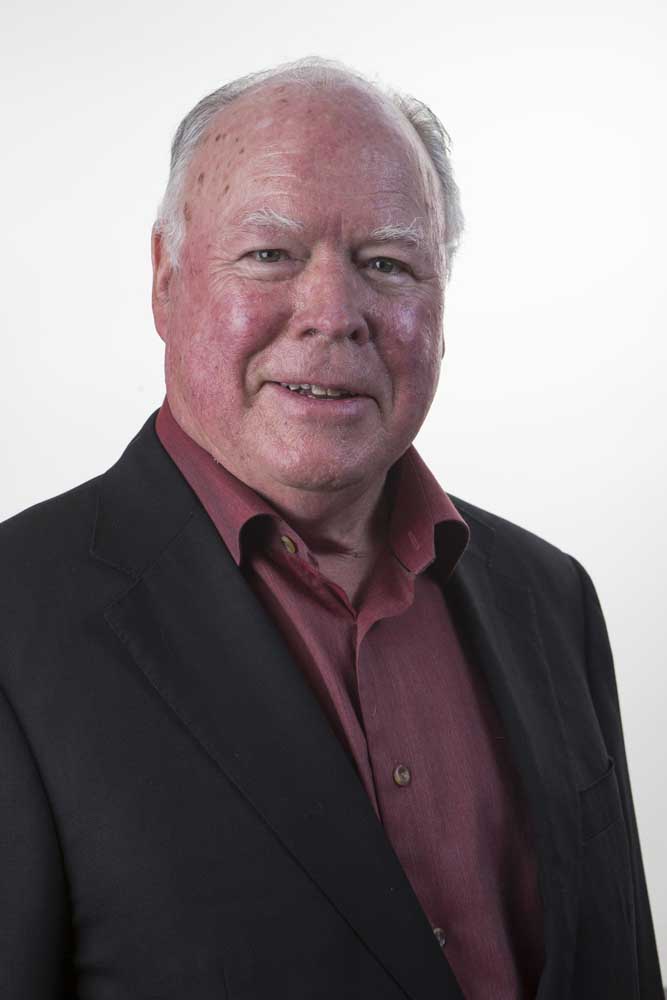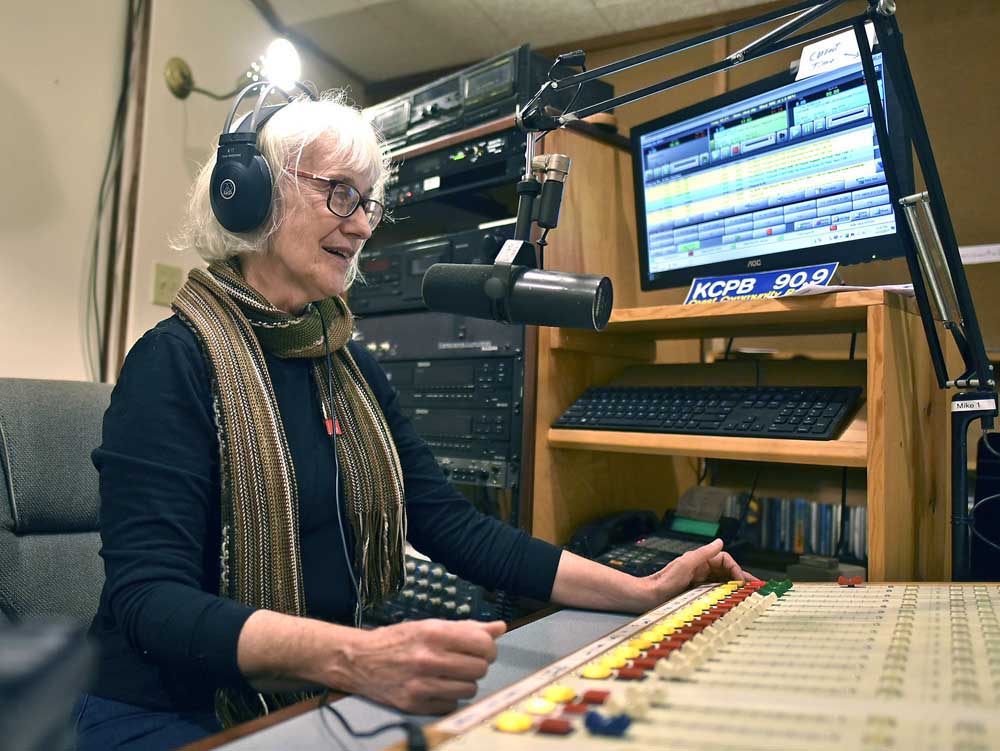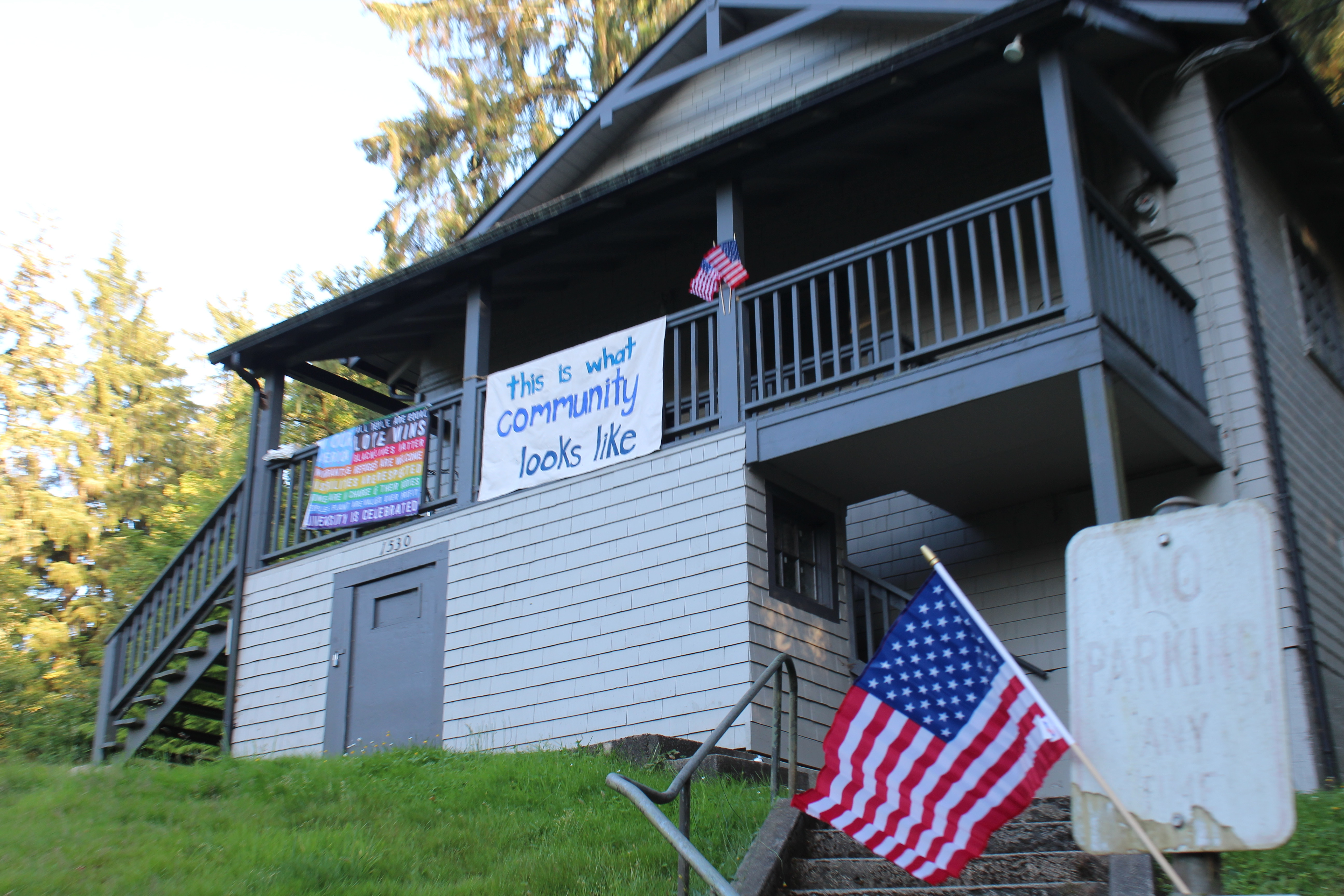Writer’s Notebook: Astoria festival will feel weight of war in Ukraine
Published 12:30 am Saturday, April 30, 2022

- Steve Forrester
War in Ukraine has forced a new generation of Russian artists into the toughest choice of all. Do they defy the lies of their nation’s leader by telling the truth, or do they join in the dictator’s Big Lie?
Trending
This happened to German musicians and conductors some 80 years ago when they fled the moral stain of Adolf Hitler and the Third Reich and headed to America. Those who stayed behind have been tainted in the history of classical music.
The stakes were high during World War II, as they are now. “War Brings New Iron Curtain Down on Russia’s Storied Ballet Stages,” in the April 15 New York Times reported that Vladimir Putin’s war in Ukraine is decimating the fabled Bolshoi Ballet. A number of the company’s principal dancers have fled to other companies in other nations.
The highest visibility casualties in Russian music and opera are the conductor Valery Gergiev and the soprano Anna Netrebko. They watched their global careers evaporate suddenly several weeks ago, when they refused to disavow or criticize Putin.
Trending
Most recently, Gergiev’s protégé, an American named Gavriel Heine, has walked out of his conducting position at the prestigious Mariinsky Theatre in St. Petersburg. Appalled at the Ukraine war, Heine will take his wife and son to America.
The arts — particularly literature, music and dance — are much more than entertainment in Russia. Names such as Pushkin, Tolstoy and Tchaikovsky are as hallowed as any others in the Russian pantheon.
In 1977, I had the opportunity to see performances of Russian works in Moscow and St. Petersburg. I will never forget the enthusiasm in the huge hall where the Bolshoi troupe dances. The emotion of the crowd was akin to what goes on at a football field when the home team is winning. I attended with a tour group out of New York City.
My seven days in Russia were not uplifting. Being in Leonid Brezhnev’s Soviet Union was a downer. I came away with contempt for a people who put up with Communist dictatorship.
However, seeing the Bolshoi dancers and seeing Prokofiev’s opera “War and Peace” were unforgettable. Seeing Verdi’s opera “La Traviata” at the Maly Kirov theater in St. Petersburg was a time warp. The Maly Kirov was built in Czarist times and its proscenium was once emblazoned with the double eagle of the royal family. That icon was supplanted with the hammer and cycle. As I watched Verdi’s classic love story, it occurred to me that the performers were Russian comrades playing French aristocrats for an audience of Russian comrades in a theater built by royalists.
Following that trip, I read a historian who made the point that the transition from the czars to Communist dictators did change the form of Russia’s government, but not the nation’s endemic traits of secrecy, spying on citizens and suspicion of foreigners. Simon Morrison, a Princeton music professor, echoed that observation in the Times article about the conductor Heine’s exodus from Russia. “Russia is just going to be more and more closed,” said Morrison. “It’s going to revert more and more to its own true self, harsh as that may seem — a sealed-off, angry, paranoid and resentful feudal realm.”
Astoria’s Liberty Theatre will soon become emotionally involved in the bind that Russian artists find themselves. The star performers of the new Third Dimension Music Festival — beginning June 11 — will be Sergey Antonov, Ilya Kazantsev and Misha Keylin. These Russians have made careers in America, and they have denounced Putin’s war.
Over many Astoria festivals, Antonov’s story has become familiar — his Russian background, his family in New York and also in Russia. Keylin’s wife is Ukrainian.
“We have hundreds if not thousands of friends in Ukraine. We’re all connected,” Antonov said in an interview.
Audiences bring their own emotions to a concert, and so do the performers. Antonov spoke of how the weight of this war affects a musician.
“For me that is one of the most precious aspects is that we are not machines. We transpose what’s happening inside of us and in our relationships. We transpose it on the instruments. That’s what’s so meaningful to me in this art. I’m trying to bring the audience into a story.
“The events like this are a huge weight on us. Our desperation is that we can only hope and pray that it will stop immediately. The biggest weight is that we have no control over what’s happened or will happen. And it is on top of the COVID situation. We were silenced for a year and a half.”









